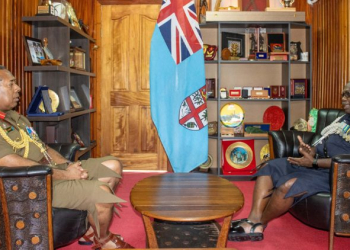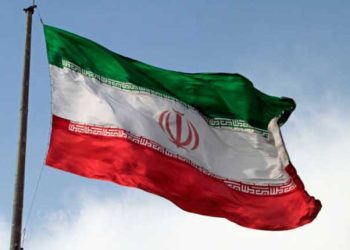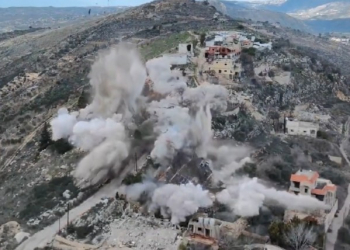New Delhi: US President Joe Biden has dismissed fears about a nuclear war following Russia’s decision to put its strategic forces on high alert amid Moscows invasion of Ukraine.
Asked by a reporter on whether Americans should fear a nuclear war, Biden answered with an affirmative “no”.
On Sunday, Russian President Vladimir Putin ordered that his country’s deterrence forces, which include atomic weapons should be put on its highest alert.
Kremlin justified its decision in part to comments by British Foreign Secretary Liz Truss, who was quoted by Sky News as saying that unless Putin was stopped in Ukraine, other countries in Eastern Europe would be threatened, leading to a conflict with NATO. Putin cited “illegitimate sanctions” against Russia and “aggressive statements” by Western officials as the basis of his decision.
Following the presidential order, Russia’s ground units, armed with intercontinental ballistic missiles as well as ships from the Northern and Pacific Fleets, were placed on high combat alert, the Russian Defence Ministry confirmed on Monday. The Russian Navy submarines are armed with nuclear missiles.
Russia is facing stringent sanctions from several countries, including the US, Britain, and EU member states, following its invasion of Ukraine. Putin has declared that Moscow has two key military objectives—Ukraine’s neutral status, implying that the country cannot be part of any military alliance, and de-Nazification of the government. Russia has maintained that new-Nazi groups, which are rabidly anti-Russian have become part of the Ukrainian armed forces.
One such neo-Nazi group is the Azov Regiment. The unit is part of the National Guard of Ukraine, based in Mariupol, in the Azov Sea coastal region. All its members are contract combatants, drawn from 22 countries. The group played a leading role in the Maidan Square “revolution” of 2014 which toppled a duly elected government in Ukraine. Its “volunteer battalions” have been engaged with much of the fighting against pro-Russian separatists in the Donbass region in eastern Ukraine.
Despite the fighting, the diplomatic track between Russians and the Ukrainians is open. Delegations from the two countries held their first meeting, which lasted five hours, on Monday at a location in Belarus close to the border with Ukraine. Mykhailo Podolyak, adviser to Ukrainian President Volodymyr Zelensky said that the main purpose of the talks was to discuss a ceasefire in Ukraine. He added that a number of priority topics have been identified, on which “certain solutions have been outlined” .
Vladimir Medinsky, aide to Russian President Vladimir Putin confirmed that the two delegations had nailed points on which common ground can be reached. The next round of talks will take place on the border between Belarus and Poland in the coming days, Medinsky said.
France continued to remain a conduit for a dialogue with the pro-Ukraine West, with French President Emmanuel Macron and President Putin holding another telephonic conversation on Monday.
Three NATO countries in eastern Europe—Poland, Bulgaria and Slovakia– appeared to have entered the fray more strongly. According to a Facebook post by the Ukrainian military, the trio will deliver over 70 Soviet-era MiG-29 and SU-25 aircraft, which could be based at Polish airfields. “Our partners gave us MiG-29 and SU-25! If needed, they can be based on Polish airfields from which Ukrainian pilots can carry out combat missions,” the Ukrainian statement read.



















